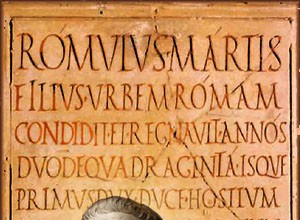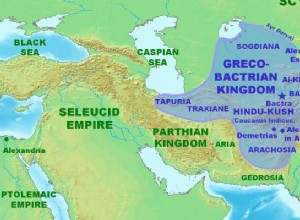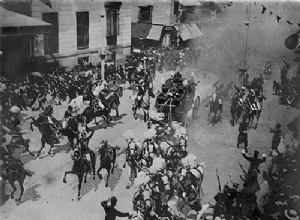Although the Acta Diurna , diary or archive of Rome, had been published for years, it was not until 59 B.C. when Julius Caesar decided to go further and make public the issues and business dealt with in the Senate via Acta Senatus , the equivalent of our Congress session diary. Later, and through th




